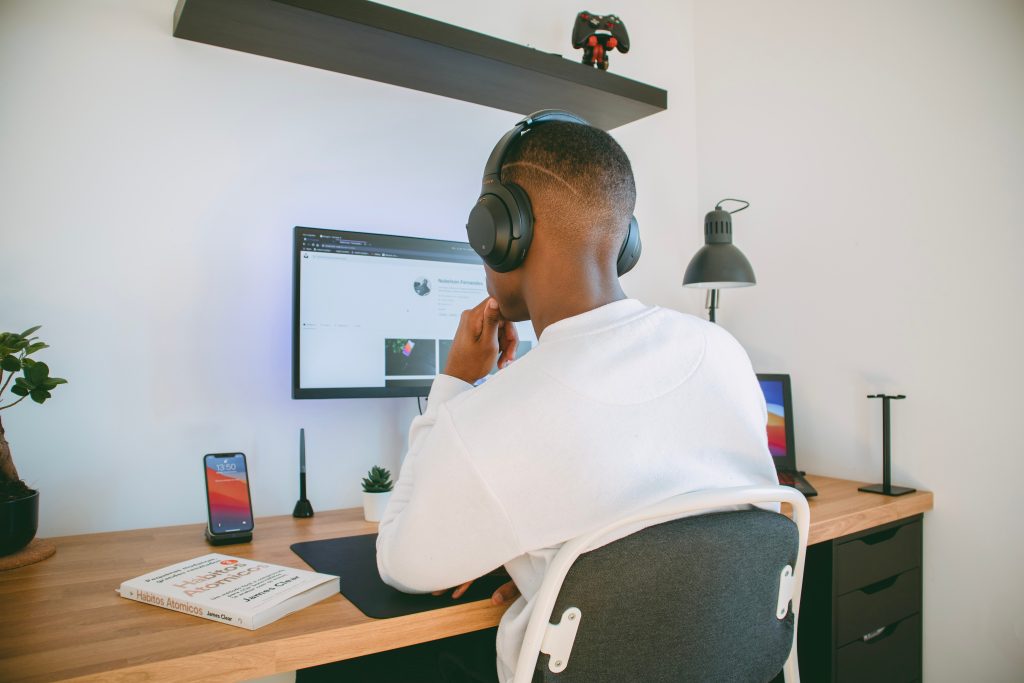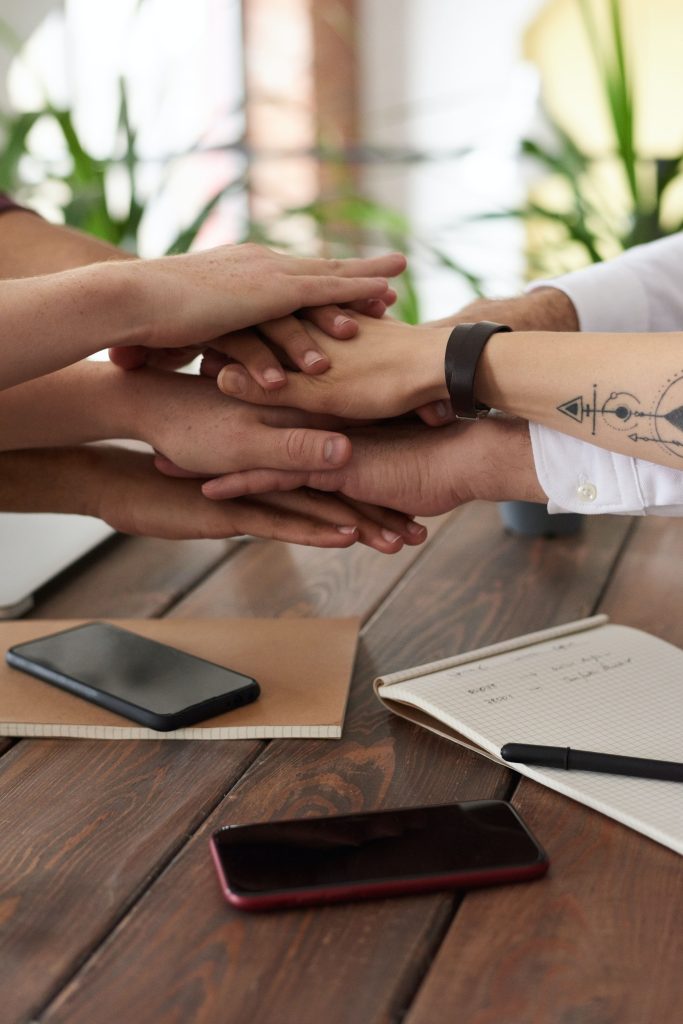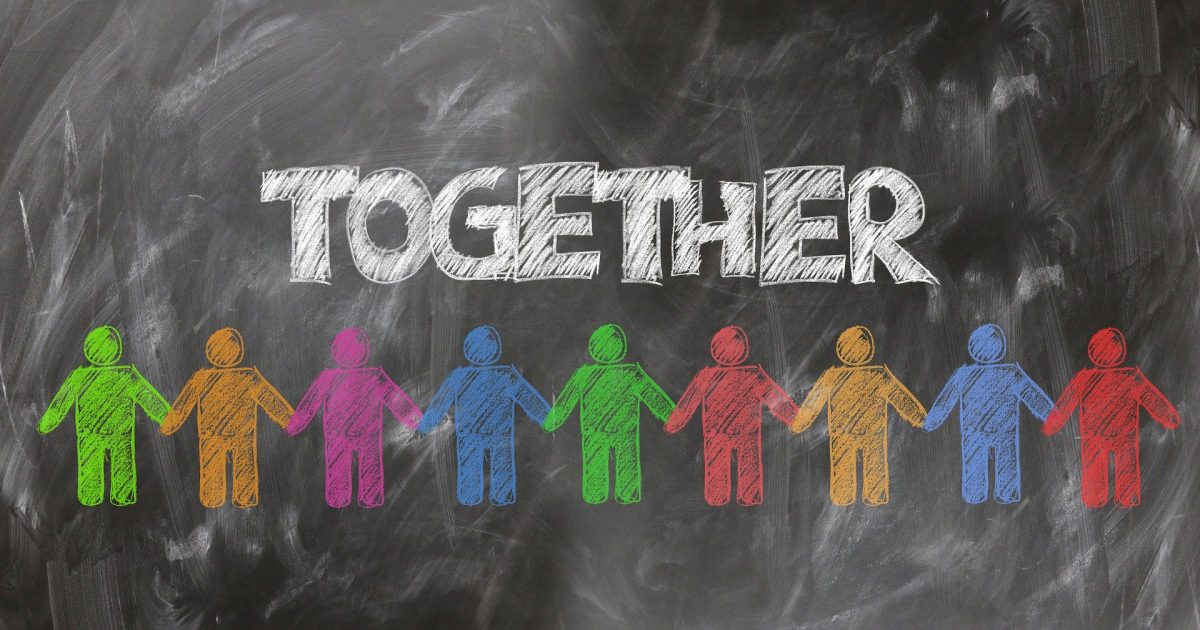The Process of Going Beyond Self
n recovery, alcoholics and addicts discover that they are not the self-sufficient creatures they once thought. For most of them, relearning how to establish satisfying relationships with others began at Twelve Step meetings. Their addiction and willingness to recover led them to a fellowship of people who understood and accepted them without reservation.

Beginning to Belong
A recovering alcoholic tells of arriving at a Twelve Step meeting one night and overcoming feelings of isolation and isolation as he stood by the door watching the other members laughing and talking together. It was then that he knew that he really belonged for the first time in his life. This group of people was truly his family. Even if they ran away, he could run with them. He was not alone.
It is said that hearts are opened from the inside. For alcoholics and addicts in whom the sense of shame was so great that they thought they were incapable of either venturing out to others or receiving the warmth that was so freely offered, their hearts opened slowly. It was in the environment of deep commitment to mutual recovery that they began to trust.
Alcoholics and addicts are responsible for the hand of their recovery group to always be there – a two-way responsibility for each of them. They must be willing to extend their hand to the newcomer, to share their experience, strength, and hope.

Being Vigilant
They must remember that they, too, are always “newcomers” because they have only a daily reprieve from their illness – whether it be a chemical dependency, overeating, sex addiction, gaming, or codependency. Where is their trust level today? Are they going to enough meetings? Are they bringing up concerns when they get there? Are they still interacting with their sponsor and addiction therapist? Are they sharing their feelings of loneliness with others, or is a false pride keeping them in the role of “old-timer”? Unless they keep their group experience alive through active participation, it will become a memory that lacks the power to strengthen their lives today.

Rebuilding Relationships
To extend to other relationships, the feelings of comfort and connectedness they experience in the Fellowship, they must “practice these principles in all out affairs.” They must bring that same openness and honesty, acceptance and trust to their families and friends and into the workplace. What they learn about the human experience in recovery must become the basis of all their relationships. If they wish to feel connected to others, they must be willing to become vulnerable. They begin by making amends.
They may discover some actual harm they have done in an active, concrete way, or they may find the damage came from their unreasonable expectations or demands. They may have wanted others to have more power than humans are capable of and solve their problems. They may have wanted them to let others act as the “fixers” and controllers of their lives. When things did not turn out the way they planned, they perhaps hurt them and themselves in their disappointment.
In making amends to others, they sometimes need to make specific restitution or give a verbal admission of wrong and an apology. Often, however, their amends must include a conscious amending of their view of others. They come to a deep sense of elatedness when they can extend to all of the people in their lives the same right to be human, the same right to be wrong, that they extend to themselves and their recovering friends.
The ability to acknowledge their common humanity and share their loneliness openly and honestly with another as a part of that shared humanity enables them to form a true community.
Addiction recovery is a process of going beyond the boundaries of self and reestablishing meaningful relationships.

If you or a loved one is struggling with addiction, call Freephone 0800 140 4044
Freephone: 0800 140 4044
Local rate: 0300 330 3040



